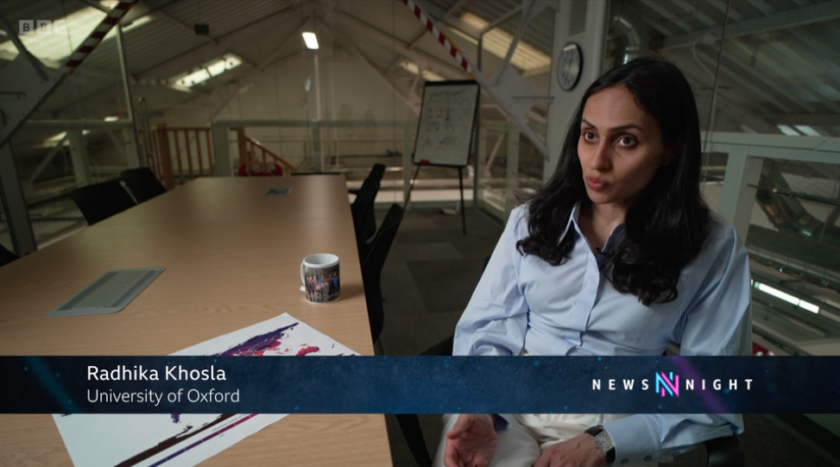A new study co-authored by OICSD Research Director Professor Radhika Khosla suggests a 2C global rise will drive up the number of uncomfortably hot days in the UK by 30% – and we don’t yet have the sustainable cooling technologies to cope.
The research, published in Nature Sustainability on Thursday 13 July, found that while central African countries will see the most extreme temperatures overall, it is northern European countries that will experience the greatest relative increases in uncomfortably hot days.
Speaking on BBC’s Newsnight, Professor Khosla noted the threat this poses to vulnerable populations in the UK. ‘This is a wake-up call for countries that are not traditionally hot. It should wake them up to the fact that their populations, particularly vulnerable populations such as the elderly, children, outdoor workers and others, are under threat. Their health, morbidity, mortality and productivity are all going to be affected.’
Speaking to The Guardian, Professor Khosla noted that ‘sustainable cooling barely has a mention in the UK’s net zero strategy.’ She furthermore added that air conditioning could add to the problem if the grid was not decarbonised and fossil fuels were used to cool homes.
‘Without adequate interventions to promote sustainable cooling,’ Professor Khosla said, ‘we are likely to see a sharp increase in the use of energy guzzling systems like air conditioning, which could further increase emissions and lock us into a vicious cycle of burning fossil fuels to make us feel cooler while making the world outside hotter.’
Currently, buildings in northern Europe are often made to trap heat in the cold seasons and can become swelteringly hot in summer. Professor Khosla and her colleague are highlighting the extent to which this needs to change if the world hits 2C of heating and the country faces a new, hotter climate.

Professor Khosla speaking on Newsnight. Credit: BBC/Newsnight